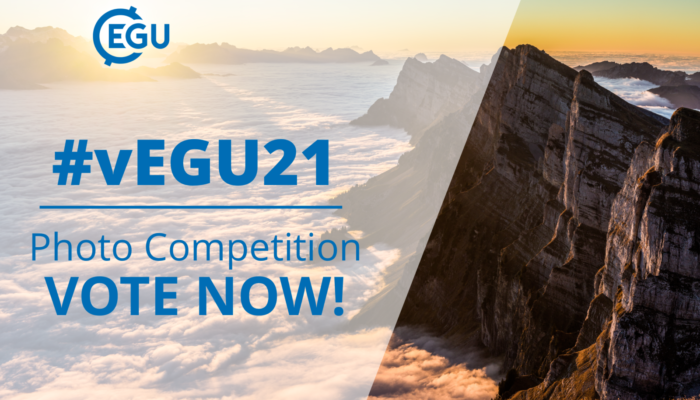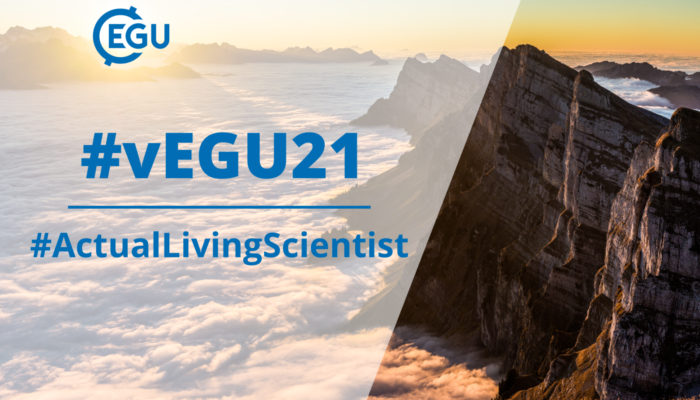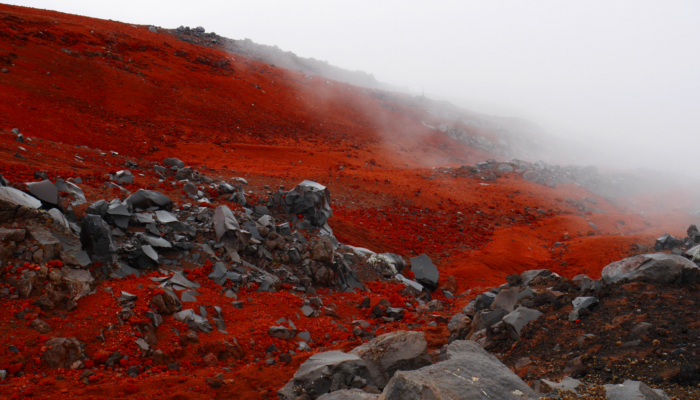For this year’s Photo Contest, EGU received scores of amazing images capturing a broad spectrum of the geosciences. After the selection committee whittled the field down to 10 finalists, members have been voting for their favourites throughout the two weeks of vEGU21. We’ve had thousands of votes, but now we are very excited to announce the winners. Congratulations to these superb pho ...[Read More]
vEGU21 Photo Competition finalists – who will you vote for?
This year’s Photo Competition judging panel did a fantastic job of narrowing down the outstanding photo submissions to the EGU’s Photo Competition to just 10 finalists! The finalist photos are listed below by alphabetical order of the photographer and on the Imaggeo website where you can vote for them from Monday 19 April until Thursday, 29 April 2021, at 18:00 CEST. The three photos with t ...[Read More]
What’s on at vEGU21: #ActualLivingScientist
This year for vEGU21, the Union’s working group on Equality, Diversity and Inclusion (EDI) was very interested in how to increase the visibility of our wonderful and diverse community of researchers – now that we won’t be walking the halls of the Austria Centre Vienna together. Using an online initiative started in 2017 with a hashtag created by Mary Roblyer, they have created a ...[Read More]
Imaggeo On Monday: the EGU Photo Competition – 2 DAYS LEFT!
We are so excited for your images to show us other ways of seeing our wonderful planet in the EGU 2021 Photo Competition, just like Julia Miloczki did with this stunning image ‘Glimpse of a foreign planet‘ one of last year’s winners. Remember your image can be of anything, even a gif or a video, and can have been captured at any time – not just in the last year. You only ha ...[Read More]




